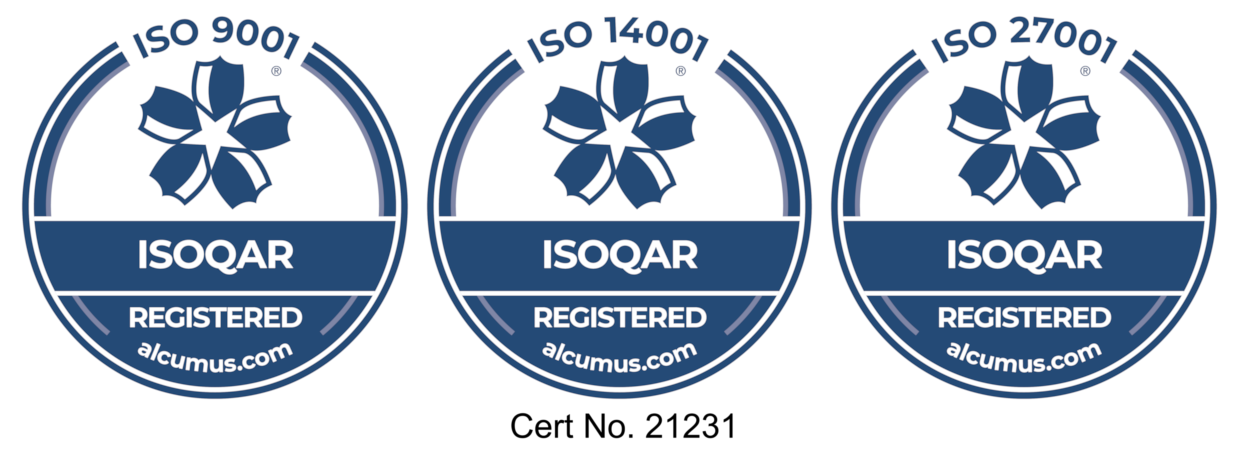Research published by the Waste & Resources Action Programme (WRAP) has suggested there is a ‘strong appetite’ for electrical product reuse among consumers despite continued preference for buying new.
The study into resource efficient business models found consumers were interested in using repair, rental, and trade-in services, therefore contributing to a more circular economy. But, the WRAP research also highlighted such products were in demand only when delivered by trusted, major retailers.
The research explored reuse retail services in relation to three different types of electrical products: household appliances, such as fridges and hoovers; consumer electronics, such as laptops and television sets; and, DIY & gardening products, including electric drills and hedge trimmers.
Six focus groups across the country were asked which of the business models they would be likely to use. The results found around three quarters of consumers were particularly attracted to a trade-in business model for DIY and gardening products, while two thirds were interested in a fixed-price repair model for the same category.
WRAP went on to surmise consumers were not using existing repair, rental, second-hand or trade-in providers due to a perceived gap in the market and the need for a ‘better’ option. These include factors such as a convenient geographical location, improved customer service and a shop rather than online presence.
One key consideration for second-hand and rental models was the age and brand of the product, with consumers willing to pay more for longer standard warranties when buying new products.
WRAP concluded there was ‘significant opportunity’ for retailers and manufacturers to build on the research findings, with further studies to test consumer attitudes to specific model propositions needed across the sector.





